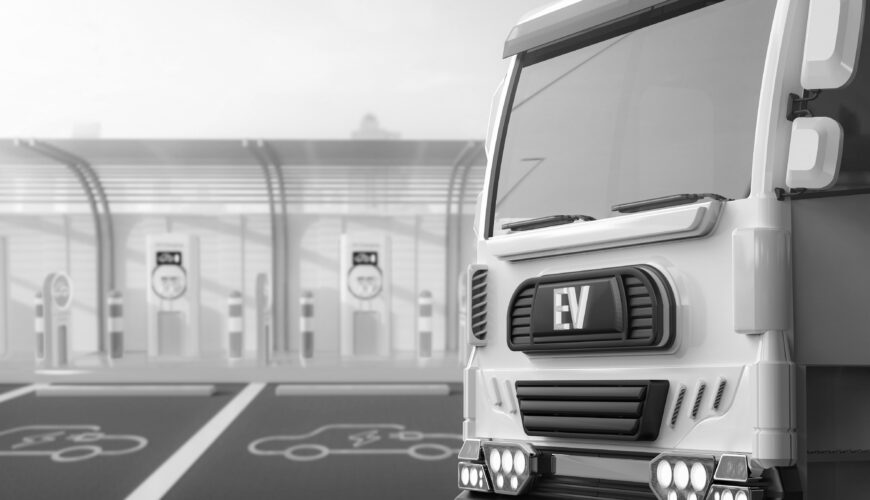In the middle of a continuing truck driver shortage, autonomous vehicle (AV) trucking can sound like a good solution. Many transportation companies recognize this and hope to capitalize on the moment. But as with autonomous vehicle cars, there is pushback from multiple fronts. High-profile self-driving car crashes like the recent one that took the life of a Tesla employee only serve to fuel the legislative fire against allowing 10,000-plus pound trucks to operate without a driver. Both sides—proponents and opponents—of the AV trucking equation are entrenched, and the ultimate outcome likely lies somewhere several years into the future.
Autonomous Vehicle Trucking Hits Snag in California
California just introduced a new version of an earlier bill that would require a trained human operator behind the wheel of a self-driving truck weighing more than 10,000 pounds. The original legislation called the “AV human operator bill,” was passed in 2023, only to receive a veto from Gov. Gavin Newsom.
This new iteration of the California bill received widespread support from the Teamsters Union, which calls it “common sense” legislation. The Autonomous Vehicle Industry Association (AVIA), unsurprisingly, is opposed to the bill, arguing that the state needs a combination of AV trucks and manned vehicles to meet the supply chain’s demands. In contrast, AVIA applauded a recent South Dakota law that established a regulatory framework allowing AV trucks onto the state’s roads.
To date, most states have considered some form of legislation related to AV vehicles, but not all of them specifically address AV trucking. Leading the way has been the state of Texas, which has welcomed AV trucking development. Several start-up companies, including Waymo and Kodiak, have set up shop in the state, taking advantage of the state’s geography and AV trucking-friendly environment. Public-private partnerships have made it easy for such trucking companies to test and deploy their prototypes.
But Texas isn’t the only state hoping to jump on the autonomous vehicle trucking bandwagon. Oklahoma has been a player for a couple of years now, too, and Pennsylvania threw its hat into the ring in 2022 with the passage of legislation allowing testing and deployment of AVs with no accompanying driver. At least one autonomous vehicle startup company is already taking advantage of the newer AV-friendly environment there.
Even at the federal level, the potential of autonomous vehicle trucking is drawing attention. Congress recently held its first-ever hearing on the topic, ending with loose agreement on both sides of the aisle about the promise of the technology. Still, no laws currently allow for interstate AV trucking due to the difficulty of crossing state lines without a driver in the cab. With funding and interest available, however, there’s no question that autonomous vehicle trucking laws will likely become more expansive at all levels going forward. The technology isn’t fully proven yet, but as we all know, technology evolves at lightning speed.


